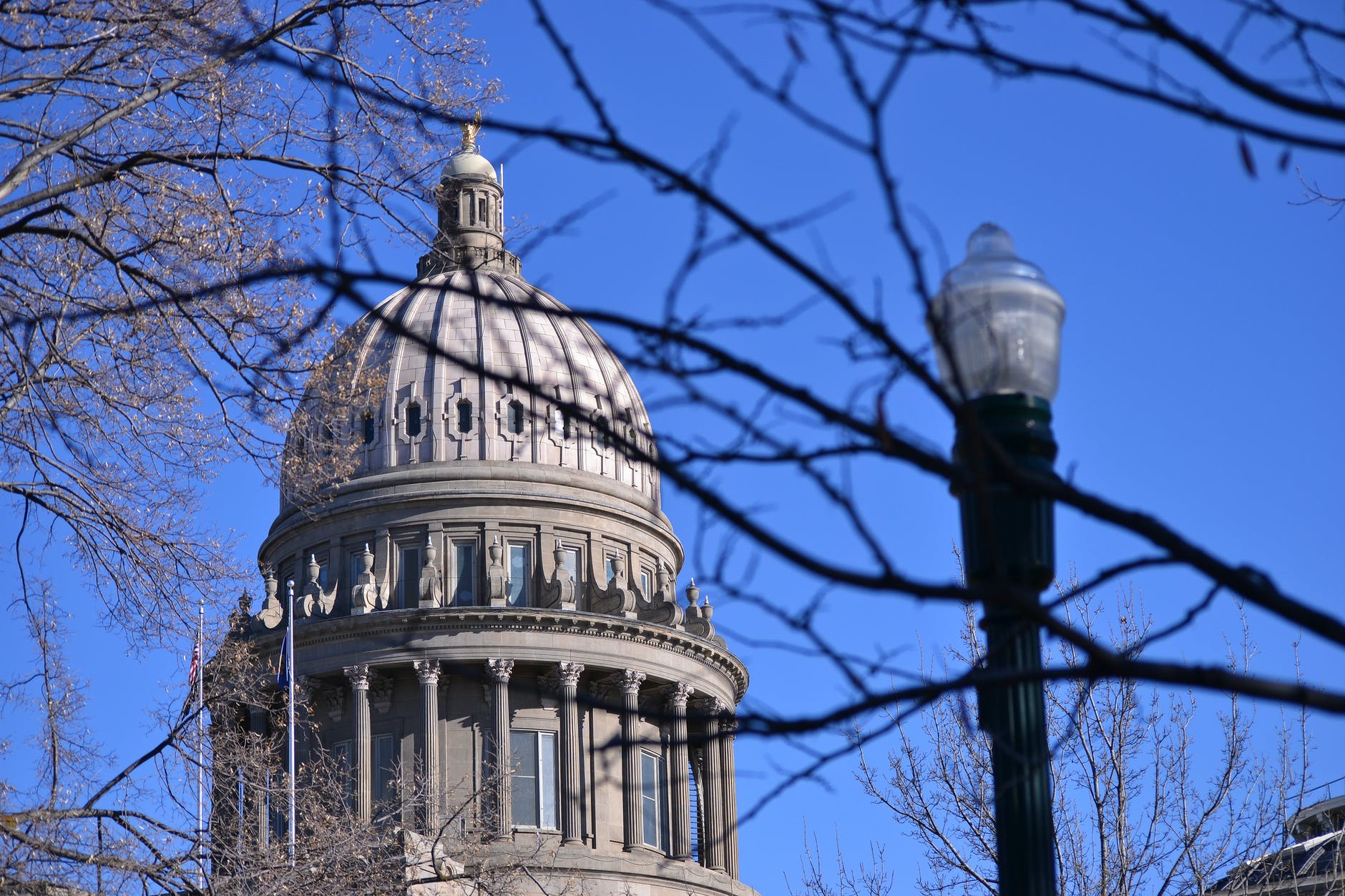Home » News » 2023 » February
News Brief
Feb. 23, 2023Topeka, Kan. |
By: AP
Amid probe, Kansas lawmakers move to overhaul ethics agency

TOPEKA, Kan. (AP) — Kansas’ ethics commission has been investigating Republican campaign activities for at least a year, and the GOP-controlled Legislature is moving to reduce the agency’s power and legalize practices apparently under scrutiny.
Republicans backing a bill to overhaul the state Governmental Ethics Commission and rewrite campaign finance laws said Wednesday they’re trying to ensure fair treatment of the people and groups scrutinized by the commission. But lawmakers drafted this year’s measure amid a court battle over the commission’s demand for documents from Kansas Republican Party officials, and critics see the bill as an effort to kneecap the agency.
Documents filed in court over subpoenas issued by the commission indicate that it has been investigating whether Republicans funneled national GOP funds through various committees to legislative candidates in 2020 to avoid contribution limits. One commission report made public in October includes transactions involving Kansas Senate President Ty Masterson and House Speaker Dan Hawkins, both Wichita-area Republicans, before they took over those offices. The report does not specifically allege wrongdoing by them, however, and the commission has yet to file any complaints over such issues.
It was not lost on the bill’s older critics that this year marks the 50th anniversary of investigations into Watergate, the political dirty tricks and obstruction of justice scandal that later forced then-President Richard Nixon to resign. Those scandals prompted Kansas lawmakers to create the ethics commission and enact campaign, lobbying and ethics laws.
“Perhaps we’ve forgotten what happens when government runs amok in the darkness of the night,” said Democratic state Rep. John Carmichael, of Wichita, a lawyer in his mid-60s.
Republicans argue that the ethics commission is engaged in an unwarranted fishing expedition and lawmakers need to see that people’s right to due legal process is protected.
Masterson told reporters earlier this month that the commission had asked about his communications but “they’ve since dropped that.” Hawkins said Wednesday that he has not been subpoenaed.
“It’s like you’re guilty until proven innocent, like you’re guilty of something. I didn’t do anything,” Masterson said. “I’m not worried about any of it.”
The GOP-dominated House Elections Committee approved the bill Tuesday on an 8-4 party-line vote, sending it to the full House for a debate as early as this week.
Committee Chair Pat Proctor, a Kansas City-area Republican, said Wednesday that because the bill is not retroactive, it wouldn’t interfere with the commission’s current investigation. He argued that money represents speech when it’s used for political purposes, making the ethics commission an agency that regulates speech, so that warrants scrutiny.
“It’s a spurious argument that we are not allowed to talk about ethics because there may or may not be some investigation going on,” Proctor said.
This year’s bill would limit commission fines and require the commission to get a state district court judge’s permission to issue a subpoena. A judge could sanction the commission for subpoenas deemed to create “an undue burden or expense” and the subjects of complaints could have their hearings handled by an outside administrative judge instead of the commission.
It would no longer be illegal in most instances for one donor to give money to a person or group specifically to pass along to the first donor’s favored candidate — making it easier to evade contribution limits. Restrictions would be removed on candidates funneling contributions meant for their campaigns to other candidates, party groups or political action committees.
Critics say such changes would render the state’s campaign finance laws meaningless. After the bill cleared committee, Skoglund told reporters the measure “stands exactly for the premise that if you are powerful enough, you just change the law to make what you are doing legal.”
State Rep. Cindy Neighbor, a Kansas City-area Democrat, said Wednesday, “This to me is more of a witch hunt and trying to tear down something because I didn’t like the outcome.”
In February 2020, the commission issued subpoenas to at least seven Kansas Republican Party officials, seeking all communications — including emails, texts and social media messages — between them and at least 20 other people, including Masterson, for the last seven months of 2020.
In April, a Kansas Chamber of Commerce lobbyist told reporters the group also had received a subpoena. His disclosure came as GOP lawmakers sought for a few hours to rewrite laws organizing the commission so that Skoglund no longer would be qualified for his job.
In August, the commission went to state district court in Shawnee County, home to Kansas’ capital of Topeka, to get subpoenas enforced. An attorney for several recipients made theirs public, along with the commission’s related “Findings of Fact and Conclusions of Law.”
In late December, a judge heard arguments on quashing the subpoenas and she indicated from the bench that she was considering whether they were too broad. She had not ruled as of Wednesday.
![]()






